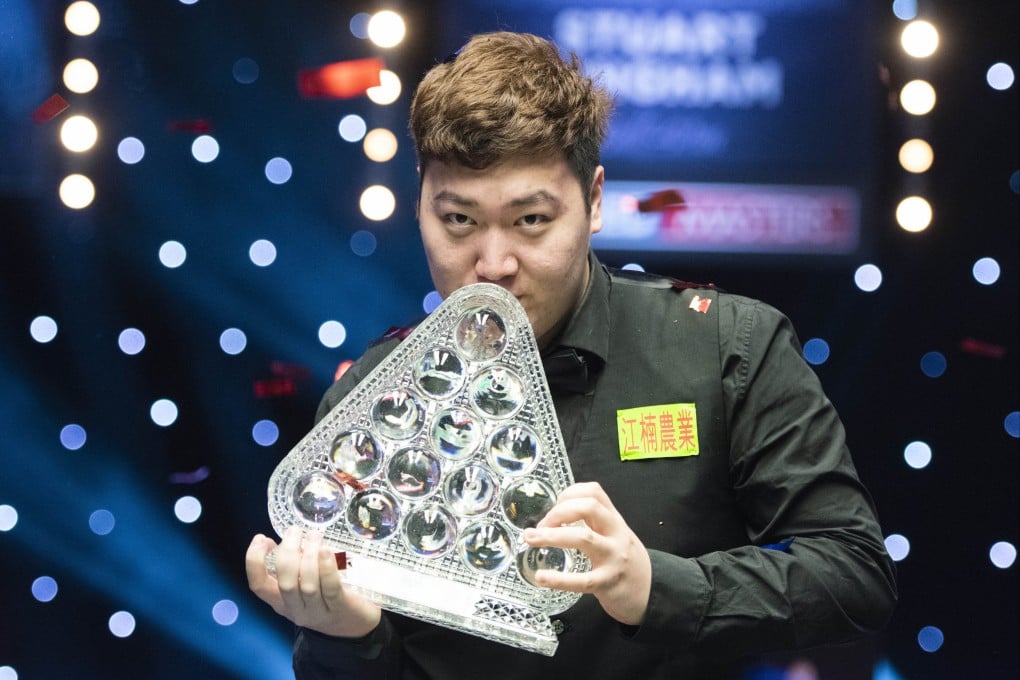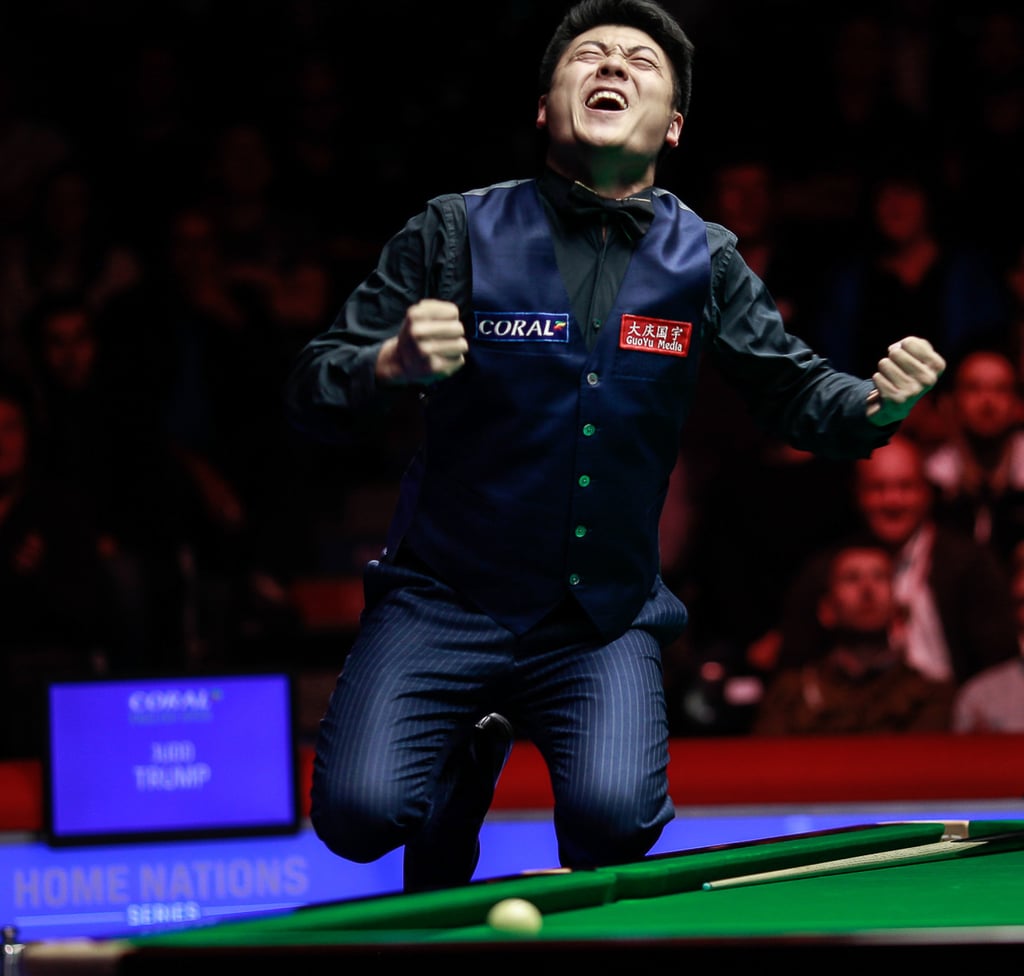Explainer | Which snooker players were banned for match fixing, for how long, and what did they do?
- 10 Chinese players have been banned for varying lengths of time for a combination of match-fixing and betting offences
- Their punishments have rocked the sport, in the latest of several cases in which snooker authorities detected match-fixing and dealt out heavy bans

There were precedents of bans of several years being imposed by governing body the World Professional Billiards and Snooker Association (WPBSA) for the charge of fixing.
Suspensions of months rather than years have been the norm for lesser offences such as failing to report an attempt to fix matches.
How long are Chinese players banned for?
Liang Wenbo has been given a lifetime ban from snooker after he was found to have fixed, or been a party to fix, five matches, and solicited, induced, enticed, persuaded, encouraged or facilitated players to fix nine matches, all in 2022.

He also bet on matches; tried to cover up his involvement by deleting messages on his mobile phone when aware of the WPBSA inquiry; threatened a player and made him delete phone messages; threatened another player to seek to persuade him not to assist the WPBSA inquiry; and failed to cooperate with the WPBSA inquiry.
Li Hang received a lifetime ban from snooker. It was found that he fixed or was a party to fix five matches; solicited, induced, enticed, persuaded, encouraged or facilitated players to fix seven matches, also last year; bet on matches; tried to cover up his involvement by deleting phone messages and asking other players to do the same.
Lu Ning was given a suspension of eight years, reduced following early admissions and his guilty plea to five years and four months. He accepted that he fixed three matches in 2014-15 and one match in 2022; bet on matches; and tried to cover up his involvement by deleting phone messages.
Yan Bingtao was given a suspension of seven years and six months, reduced following early admissions and guilty plea to five years. He accepted that he fixed one match in 2016 and three in 2022; and bet on matches.